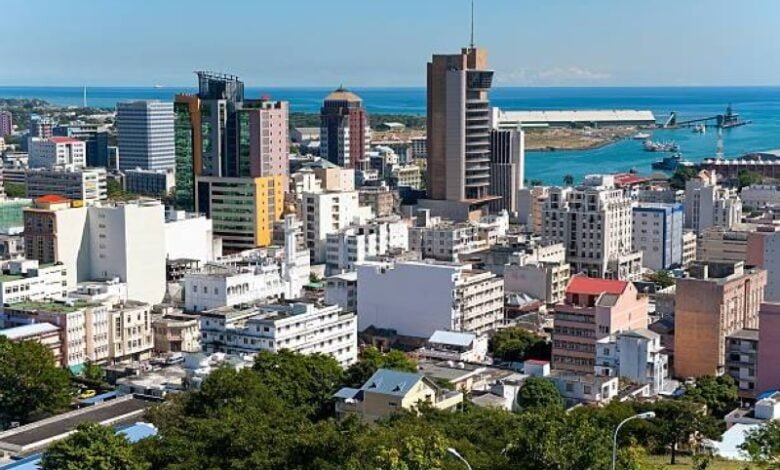Mauritius : $250 Million from the AfDB for Post-Covid-19 Economic Recovery
With these funds, the Indian Ocean archipelago will finance the implementation of its Competitiveness and Economic Resilience Support Program. Through this program, Mauritius will increase its installed renewable energy capacity.

On March 29, 2023, in Abidjan, the Board of Directors of the African Development Bank (AfDB) approved a loan of $250 million to Mauritius. The information was disclosed on the same day in a press release on the AfDB website. The parties agreed that « this financing is intended to implement the Competitiveness and Economic Resilience Support Program to support the post-Covid-19 economic recovery of the Indian Ocean archipelago.
« The program will strengthen the competitiveness of the Mauritian private sector in agro-industry and fisheries. «
The first component of this program aims to « strengthen the participation and competitiveness of the private sector in key areas (agro-industrial development and fisheries) ». It includes several activities that consist of exploiting agro-industrial development and fisheries, improving the business environment, developing skills and small and medium enterprises. The parties agreed on the establishment of a revolving fund for the sugarcane industry. In addition, the Mauritian government will develop an aquaculture policy to exploit the potential of the island’s aquaculture industry.
« Mauritius and the AfDB want to accelerate the green transition and strengthen environmental governance »
The second component is about « fostering an enabling business environment and leveraging both sectors, strengthening green recovery and climate resilience, supporting the acceleration of the clean energy transition and strengthening environmental governance ». Here, the project will roll out a carbon-neutral industrial loan program to provide a viable option for industrial companies to generate renewable energy (solar and wind) for their own consumption. The project is also expected to enable the government to put in place a national biomass framework to help meet the target of producing 60% of energy from renewable sources by 2030, phasing out the use of coal.
« The reforms will enable Mauritius to reduce greenhouse gases by 40% by 2030. «
Mauritius is counting on this program « to increase the share of agriculture, forestry and fisheries to 2% in 2024 in the gross domestic product (GDP) from 0.93% in the last three years (2017, 2018 and 2019), prior to Covid-19 ». « Manufacturing GVA to GDP is expected to increase by 2% in 2024 (compared to a pre-Covid-19 three-year average of 1.03%), » the AfDB said. The various reforms will be crucial and should help the Mauritian economy to strengthen its resilience. In particular, they will enable the government to meet its target of reducing greenhouse gases by 40% by 2030.
It is expected that at the end of the project, Mauritius will increase its installed renewable energy capacity to 496 MW in 2024 from 306.98 MW in 2021; and the additional mobilisation of climate finance (adaptation and mitigation) to 3.6% of gross domestic product in 2024 from 2% in 2021.
As a reminder, as at 31 December 2022, the AfDB Group’s active portfolio in Mauritius comprised seven projects with a total commitment of $286 million.






